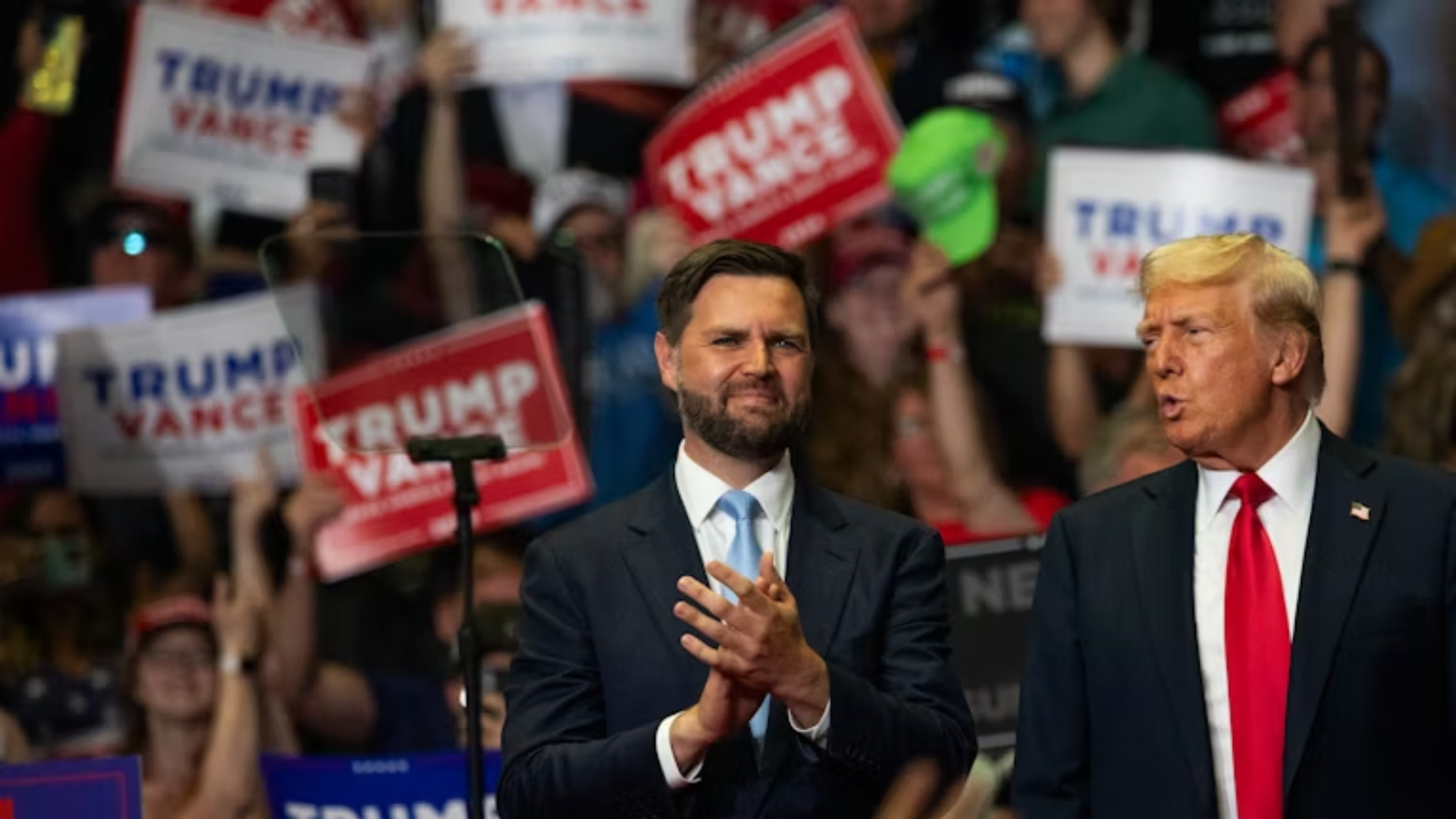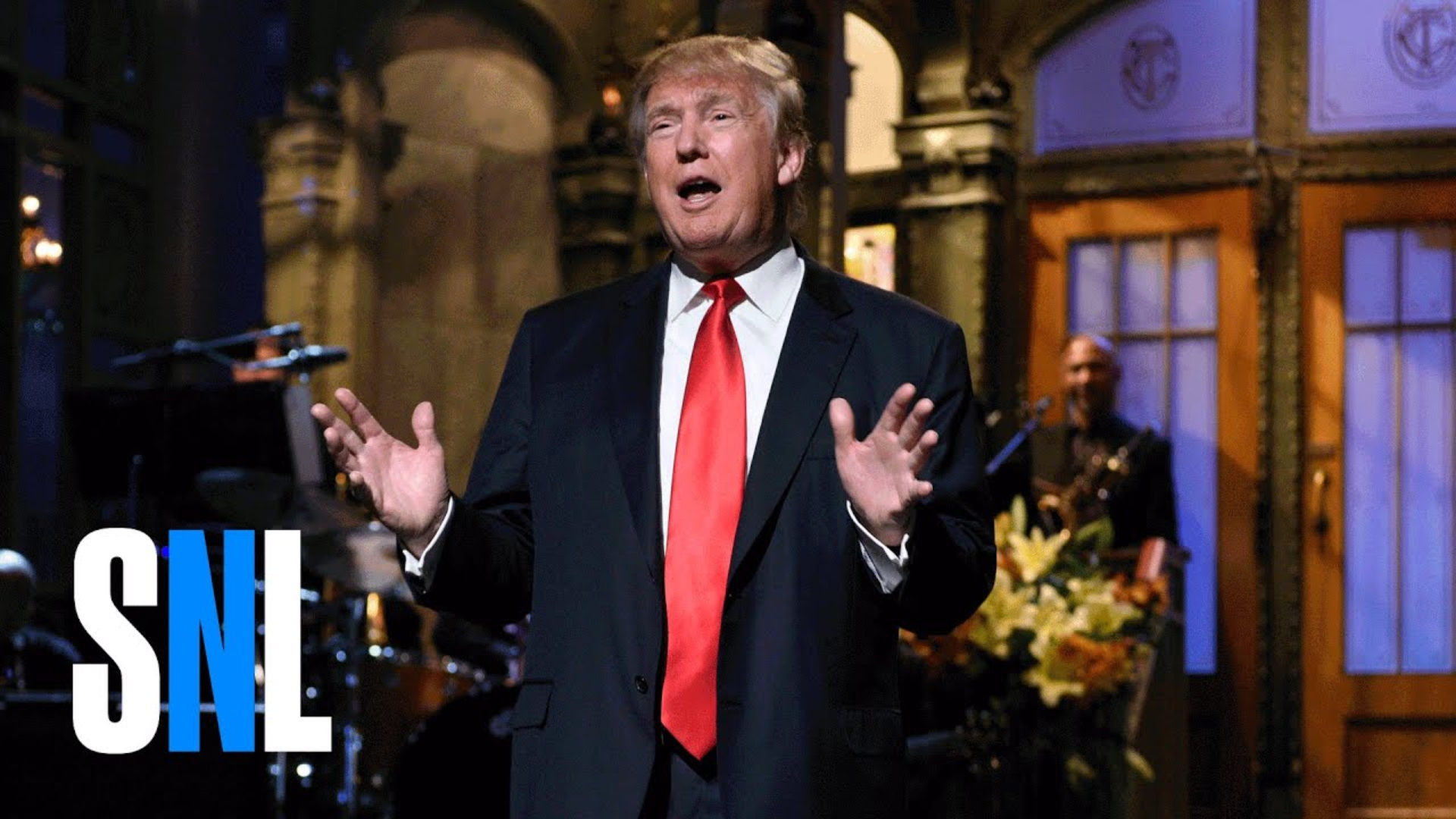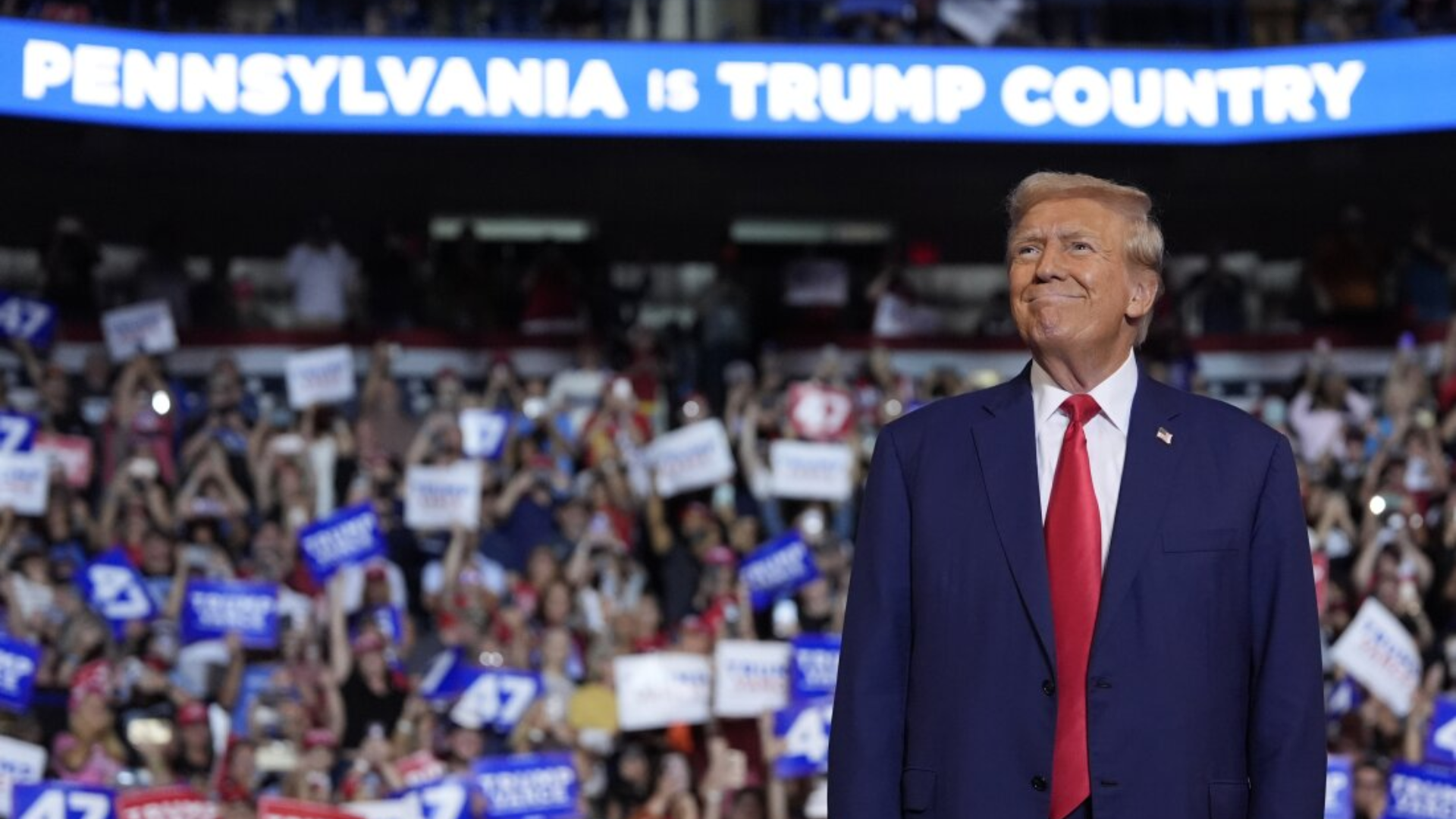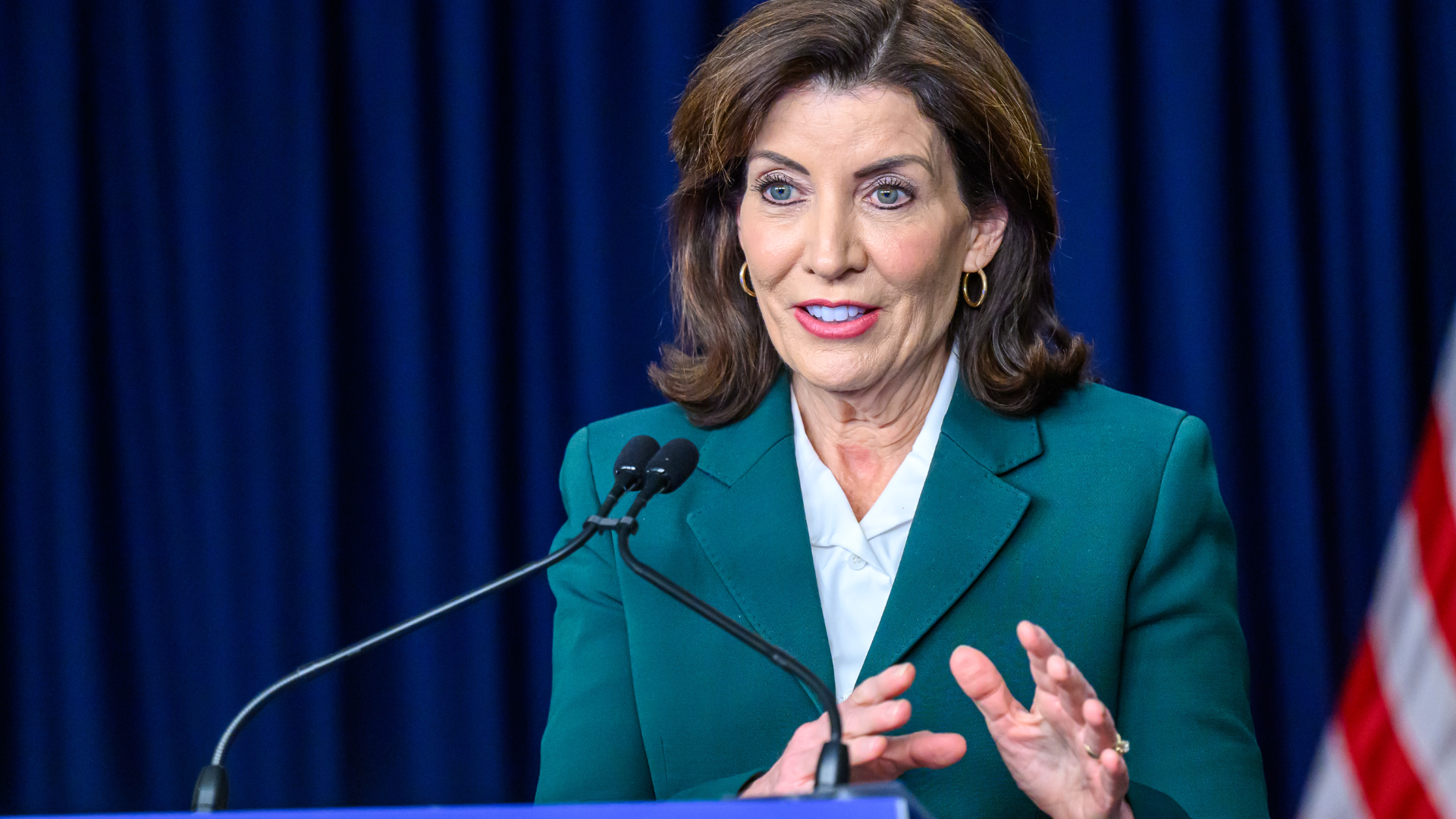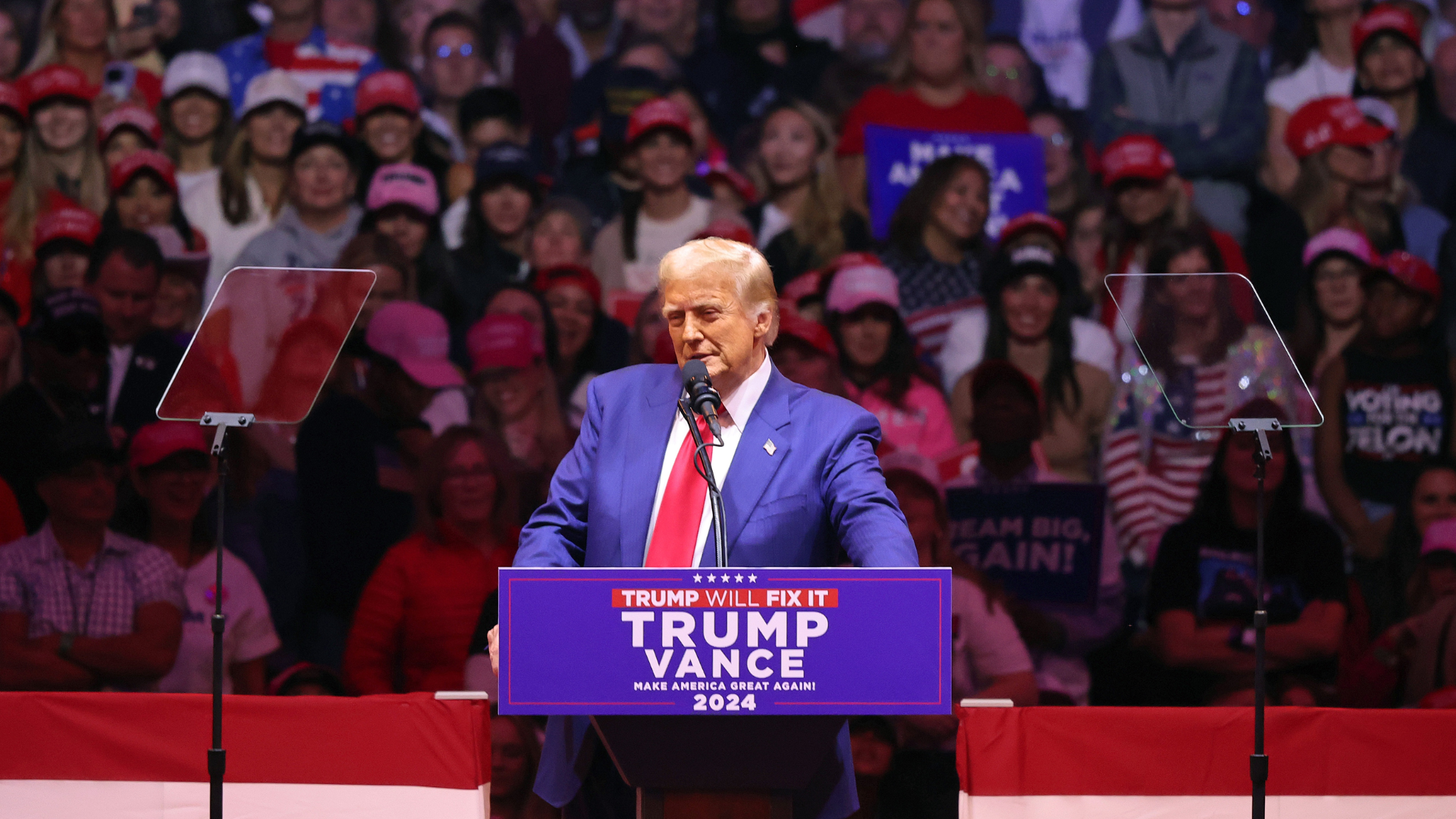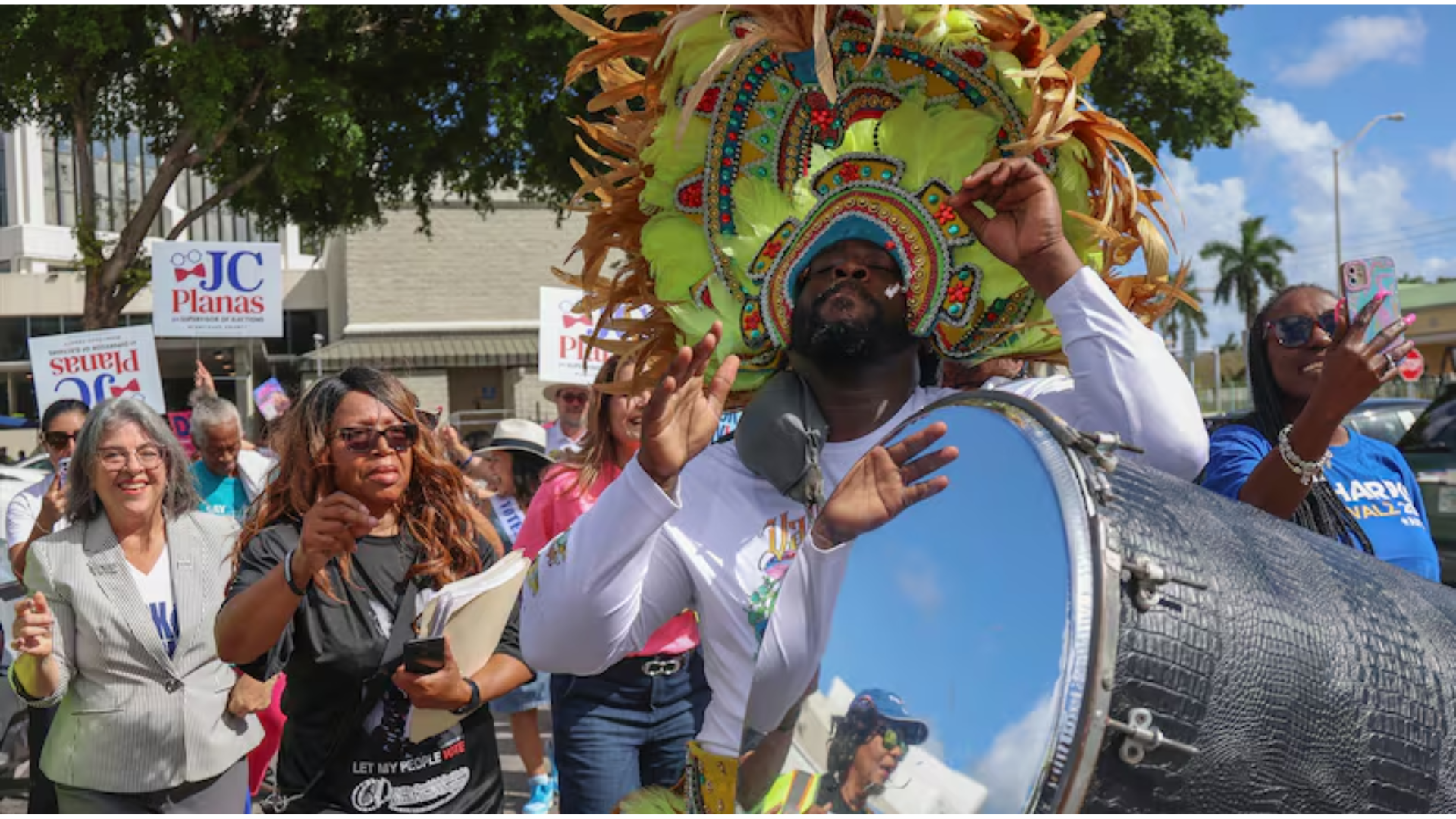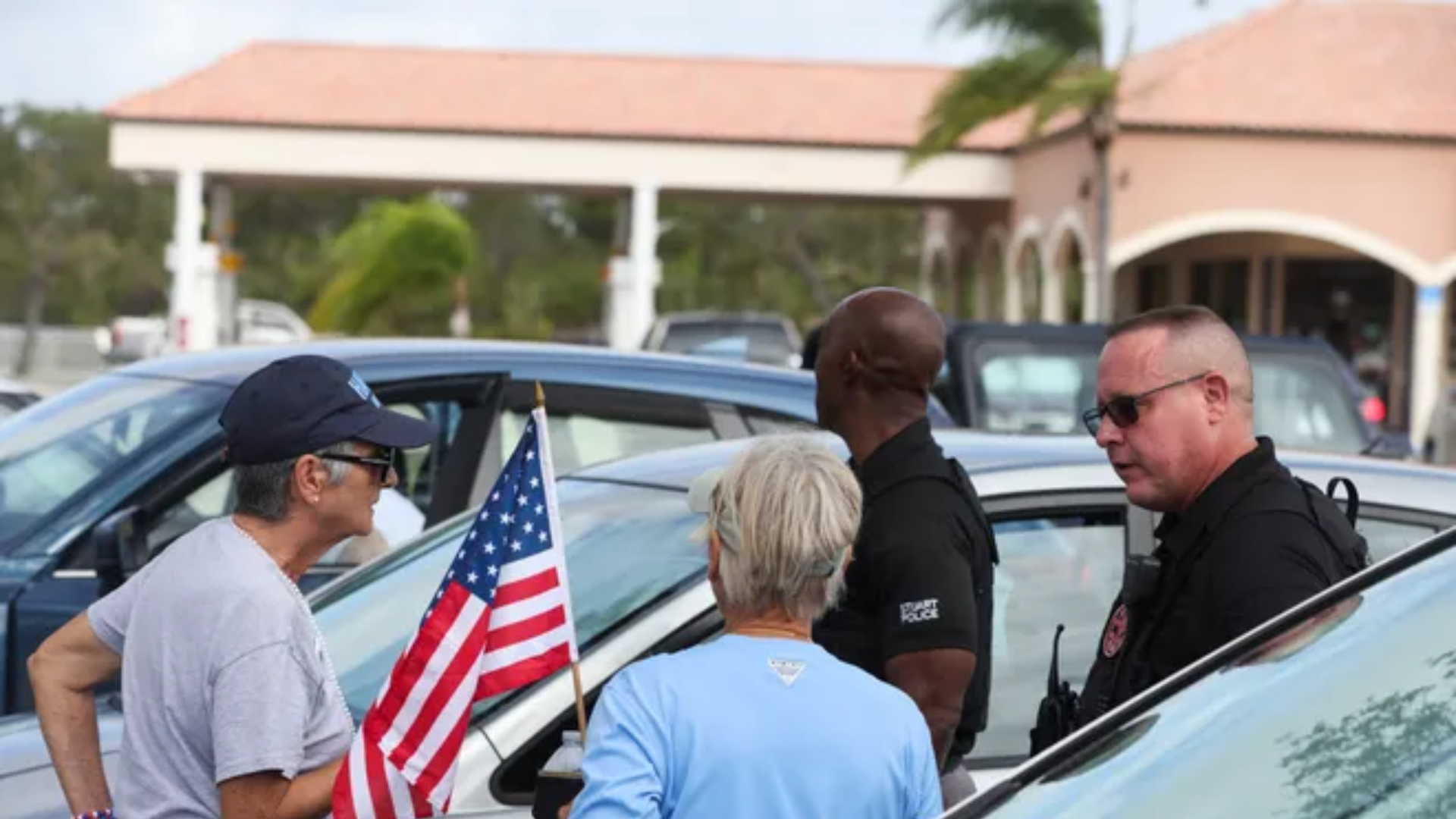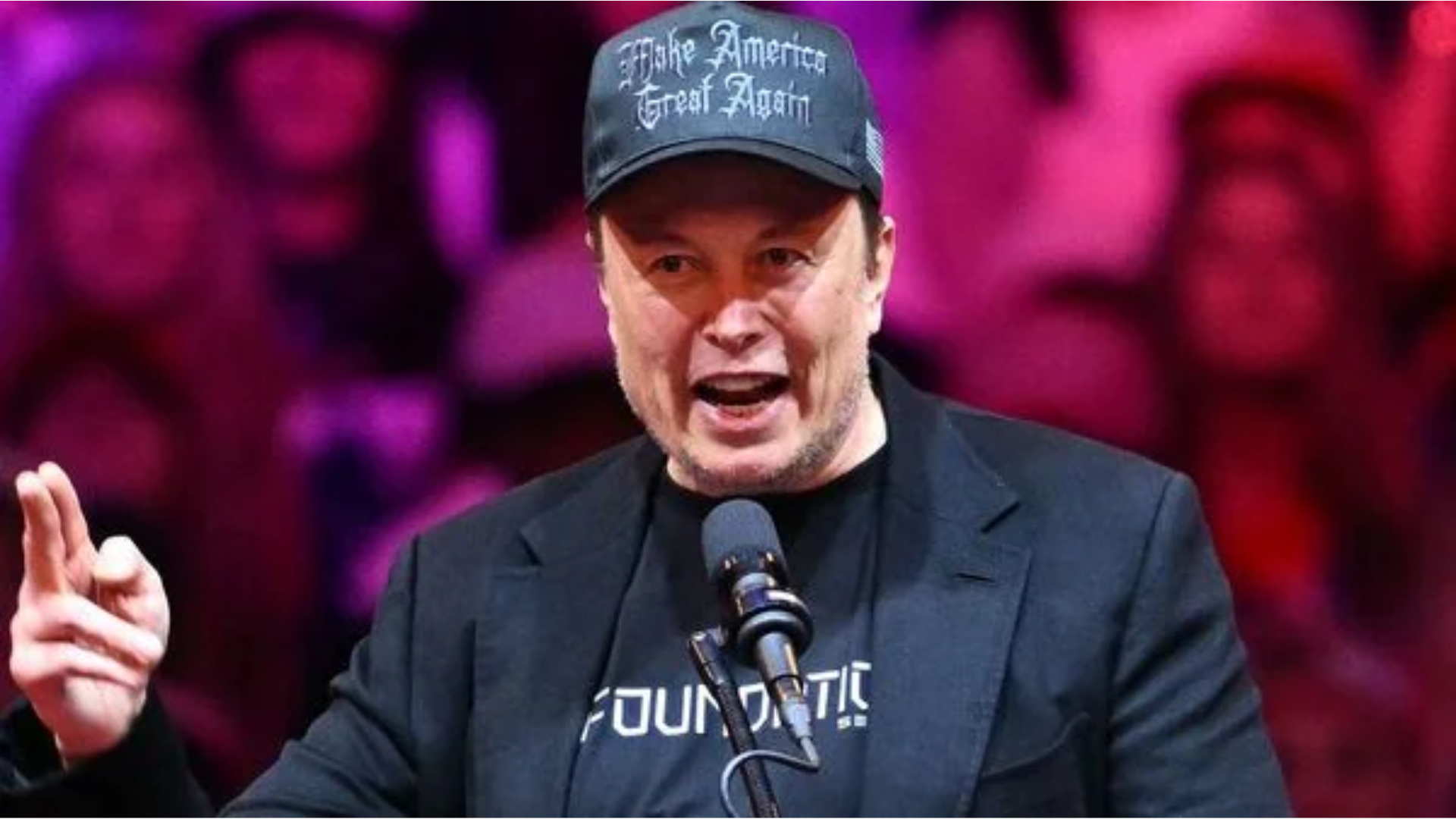As former President Donald Trump approaches the 2024 election, he faces an unusual scenario: a potential return to the Oval Office or a long stretch in courtrooms across the nation.
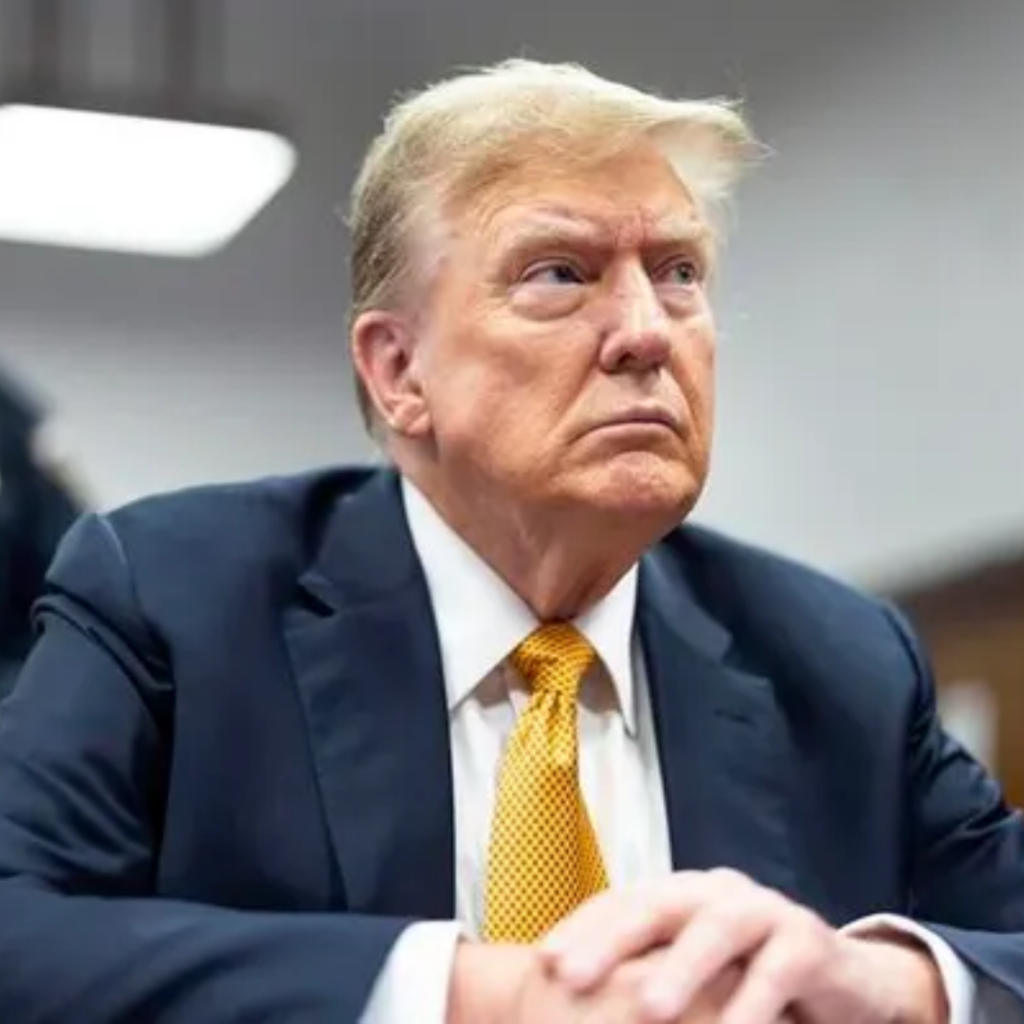
His campaign unfolds alongside multiple ongoing criminal cases, a situation unprecedented for a U.S. presidential candidate. Legal experts speculate about what might happen to these cases if Trump secures the presidency, a move that could significantly impact each case’s trajectory and Trump’s legal battles.
One of Trump’s most notable cases involves his alleged payment of hush money to an adult film actress ahead of the 2016 election. In May, a jury found Trump guilty on 34 felony counts of falsifying business records linked to this payment. Initially, his sentencing was set for July and then rescheduled to November 26, just weeks after the 2024 election.
According to former New York prosecutor and Pace University law professor Bennett Gershman, even if Trump wins the presidency, his sentencing could proceed without delay. Gershman believes that there’s no legal basis to postpone sentencing, even for a president-elect.
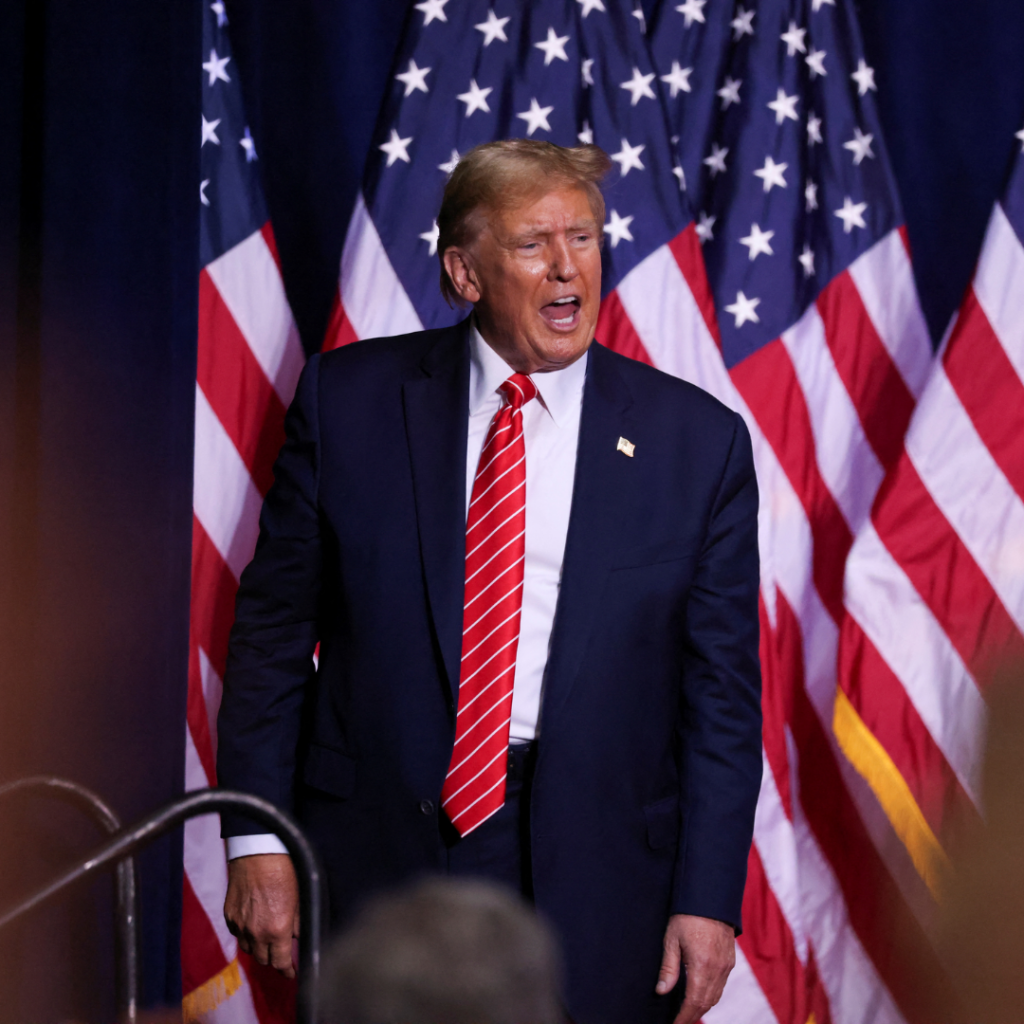
However, any prison time might be postponed through appeals. Should Trump win, his status as president could further delay or even suspend his sentence until after his term. This scenario would present an unprecedented case: a sitting U.S. president with 34 felony convictions possibly overseeing the nation’s governance.
Trump faces charges from special counsel Jack Smith on two fronts. First, he’s accused of attempting to overturn the 2020 election results, a case that has been hampered by Trump’s claim of presidential immunity. Although the Supreme Court ruled that former presidents have immunity for actions taken during their official duties, a federal grand jury later issued a narrower indictment that sought to address this ruling’s requirements.
The second case involves Trump’s alleged mishandling of classified documents after leaving office. In this instance, U.S. District Judge Aileen Cannon dismissed the charges, concluding that Smith’s appointment was invalid. Smith’s office is appealing that decision, arguing that Judge Cannon’s ruling was incorrect.
If Trump wins the presidency, these cases may be dropped entirely. Legal analyst Rikki Klieman suggests that a new Trump administration could appoint an attorney general likely to dismiss all cases brought by Smith. Trump himself has publicly stated that, if elected, he would swiftly fire Smith. In an October radio interview, Trump asserted, “I would fire him within two seconds,” signaling his intent to dismantle the ongoing cases against him.
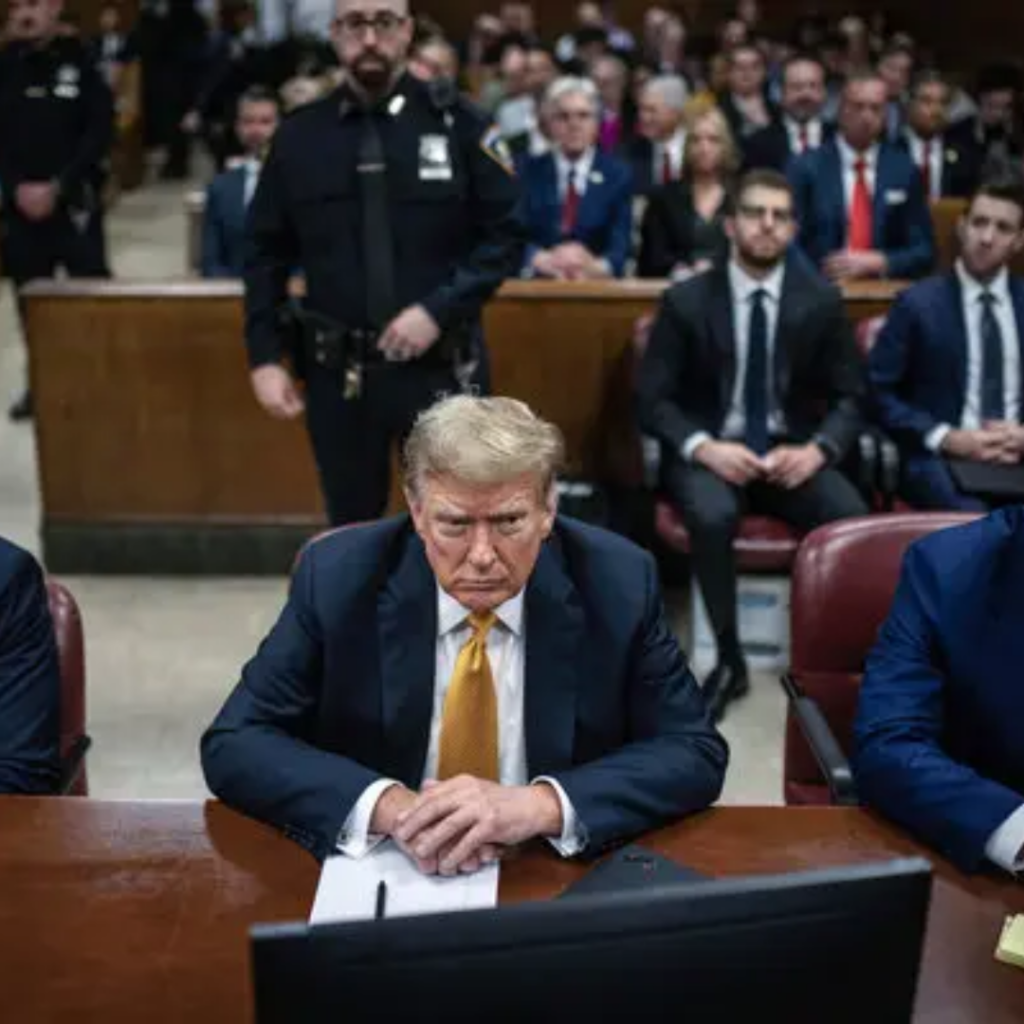
Trump’s final legal battle is a state case in Fulton County, Georgia, where he and 18 others face charges of racketeering related to alleged efforts to overturn the 2020 election results in the state. Of the 13 charges initially filed against Trump, five have been dismissed, although District Attorney Fani Willis is actively appealing these dismissals.
Further delays ensued when the Georgia Court of Appeals agreed to review whether Willis should be removed from the case due to an alleged romantic relationship with a former special prosecutor.
Emory University law professor John Acevedo predicts that if Trump wins the presidency, this state case could come to a “grinding halt.” Citing the U.S. Constitution’s Supremacy Clause, Trump’s legal team argues that his presidential duties would take precedence, preventing him from participating in lengthy court proceedings in Atlanta.
Steve Sadow, Trump’s lead attorney in Georgia, echoed this sentiment, asserting that a trial would be delayed until after Trump’s term, potentially into 2029, if Trump returns to office.
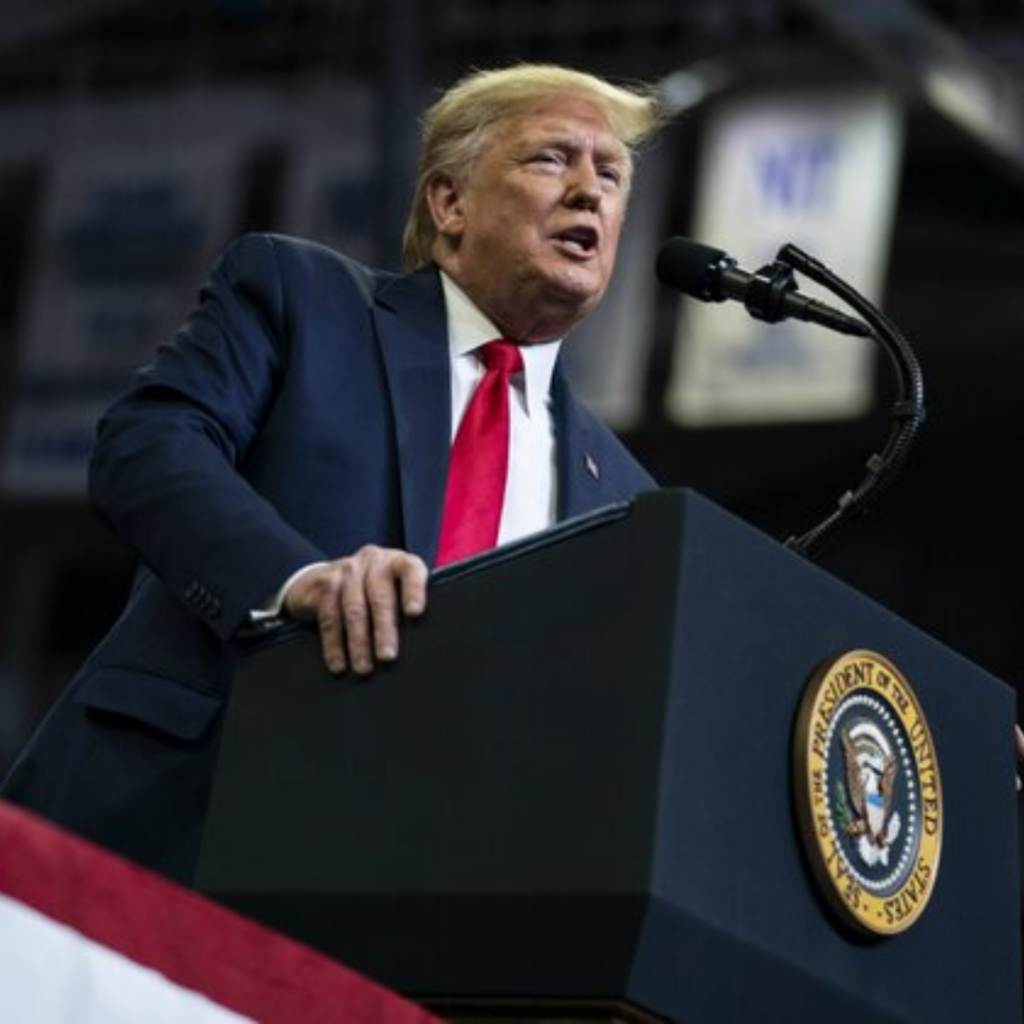
Under the Supremacy Clause, the federal government’s needs could overrule state prosecutions, making it logistically and legally challenging to hold a sitting president accountable in state court. Sadow argued that Trump’s duties as president would supersede the state’s legal proceedings, effectively freezing the case until Trump leaves office.
With multiple legal cases unfolding as he campaigns, Trump’s future is uniquely intertwined with his political ambitions. While a loss in November would likely mean years of court battles, a victory could delay, complicate, or even nullify certain legal consequences, reshaping both his presidency and the U.S. judicial system.


